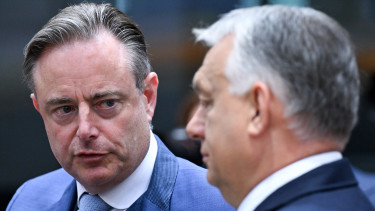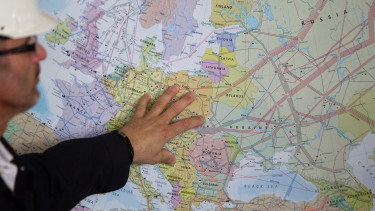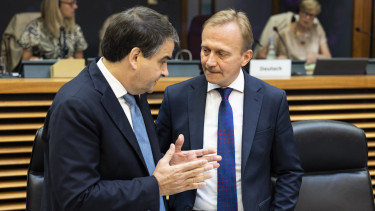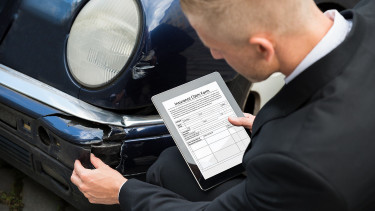All EU member states ready to tie funding to rule-of-law criteria

At the moment it seems all member states are ready to accept it,
Reuters cited Rinne as saying after meeting several EU leaders in Brussels on Friday.
Hungary and its ally Poland have been at odds with the European executive for years over policies it says are eroding democratic checks and balances in the former Communist states.
Hungarian Prime Minister Viktor Orbán, whom Rinne is supposed to meet in Budapest todayy, and his spokesman Zoltán Kovács launched a series of attacks against Finland in August, criticizing the Nordic country’s own constitutional practices among other things.
Finland, which ranks among the most democratic countries in the world in the Economist’s annual democracy index, has rejected Orbán’s criticism as unfounded.
The aim is not to nail any single member state on the wall, but it’s about how to defend ordinary European people from the despotism of not abiding by the rule-of-law principles
, Rinne said.
About a year ago, the European Parliament adopted the Sargentini Report and Article 7 (1) proceedings were opened against Hungary (as well as against Poland) on the alleged breach of core EU values.
A leading expert with knowledge of the cases of the Finnish presidency said in early September that chances are high that the disbursement of EU funds will be conditional to rule-of-law criteria. The system of such requirements is yet to be finalised, and so is the scope of EU funds to be affected. According to Finnish sources, the conditionality would be applied to cohesion funds or some of them. The more a member state "dilutes" the criteria, the wider the scope of fundings would be subject to sanctions, and vice versa.
Politico reports that the justice ministers of Germany, France, Italy, Spain, Belgium and Luxembourg meet in The Hague today (in a format called Vendôme), after an invitation from their Dutch colleague Ferdinand Grapperhaus for a discussion on the legal elements of the rule of law within the EU. That’s notable because justice ministers, somewhat weirdly, haven’t really claimed a big role for themselves in the rule of law debate, which has so far largely been dealt with by finance and EU ministers.
The ministers are working on a joint statement and are expected to stress that the rule of law is an essential precondition of mutual trust between EU countries, according to diplomats involved.
In Politico's view, the most tangible expected outcome is that they want discussions on the rule of law to be a regular feature when they meet at the EU level, at justice and home affairs ministers’ (aka JHA) Council meetings.
This way,
- the EU will have another format to exert political pressure on certain countries; and
- this may be considered a move to make JHA meetings more relevant.
Cover photo by Steffen Trumpf/picture alliance via Getty Images
















